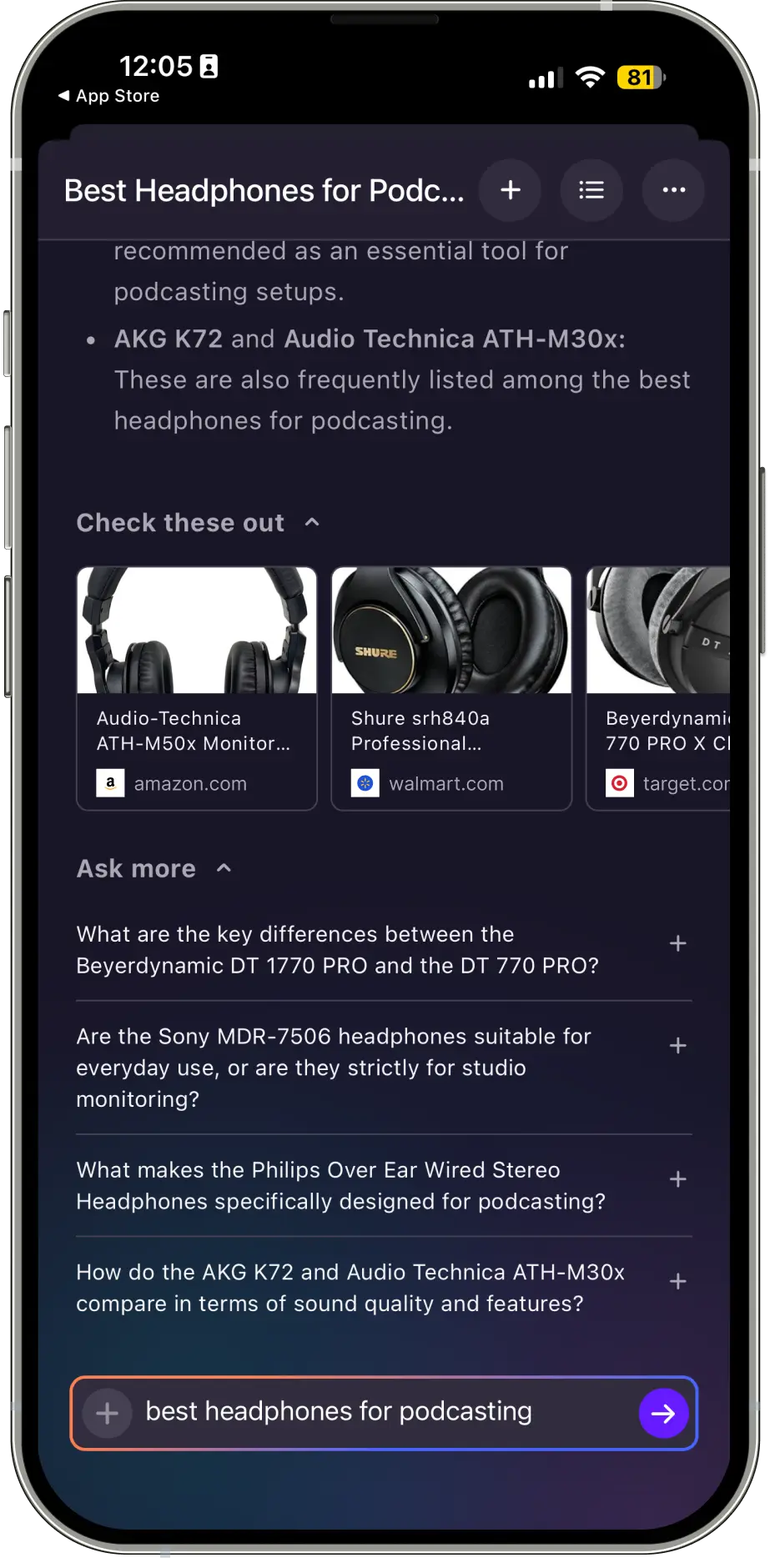Native Search™: Skip the Search Engine Results Page
Legacy Search

Retail Media: Search


Native Search Advertising



Leading Brands Grow Market Share with adMarketplace
.svg)
.svg)
.svg)

.svg)

.svg)
.svg)
.svg)
Native Search Solutions Deliver Results
AMP Find:
Win the Search Before the SERPDrive searchers to your home page and become the search engine by showcasing your brand’s logo and creative next to the search bar.

AMP Discover:
Win the Native & AI Search ResultDeliver relevant text and product ads to consumers searching across browsers, BNPLs, and AI chat surfaces that drive higher engagement and increased basket size.
Exclusive Native Search Media Opportunities
Browsers
Connect with shoppers throughout their search journey before they ever hit the SERP.
Buy Now, Pay Later Apps
Make your brand and products more discoverable for consumers in the buying mindset.
AI Search
Reach consumers within AI chat surfaces while positioning your brand and products as top responses in AI-powered environments.

Join the World’s Largest Marketplace for Native Search Advertising
Consumers start their search journey off the SERP
Consumer spend from native search media
Unlock Performance at Scale
Shape the Consumer Journey
Access unique media opportunities outside the legacy SERP and create deeper connections with consumers.
Increase Media Performance
Bend the curve of diminishing returns by diversifying your portfolio with media unavailable on Google or affiliates.
Measure Results Transparently
Validate your media lift accurately with 1st-party performance data and innovative measurement methodologies.
Grow with Managed Services
Partner with our team of experts for seamless platform integration and full-service campaign optimization.
Partner Testimonials

Join Our Newsletter
Get the latest insights and content directly in your inbox.




























